Five cyclones churn in Atlantic Ocean for only second time in history
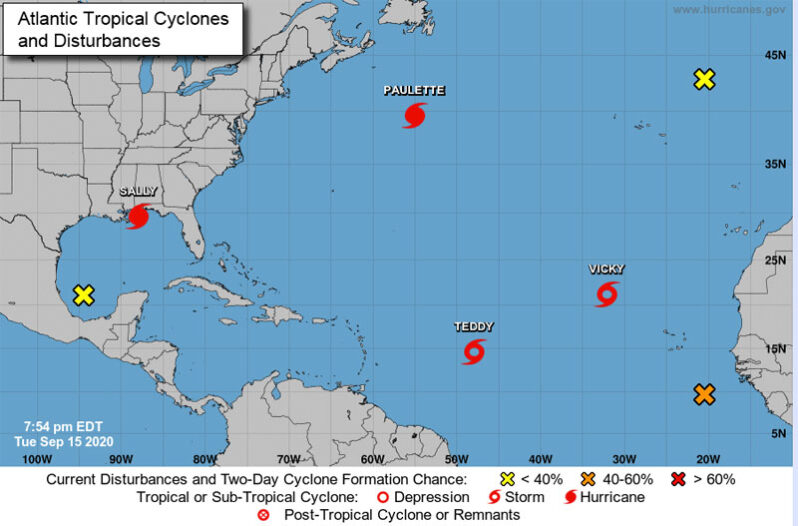
For only the second time in recorded history, five tropical cyclones are churning in the Atlantic Ocean at the same time.
Winter Ice Extent in the Bering Sea at Its Lowest Point in 5,500 Years
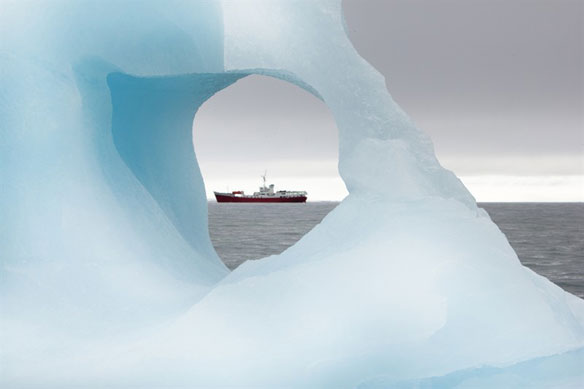
Winter sea ice in the Bering Sea hit its lowest levels in thousands of years in 2018 and 2019, scientists reported in a new study.
As another heat wave sears CA, experts say health impacts will worsen with climate change

As the second major heat wave in weeks bears down on Southern California, experts and authorities are warning the public to take seriously the health dangers of extreme temperatures that are only getting worse due to climate change.
Portuguese children sue 33 countries over climate change at European court

Young activists from Portugal have filed the first climate change case at the European court of human rights in Strasbourg, demanding 33 countries make more ambitious emissions cuts to safeguard their future physical and mental wellbeing.
Aviation contributes 3.5% to the drivers of climate change that stem from humans
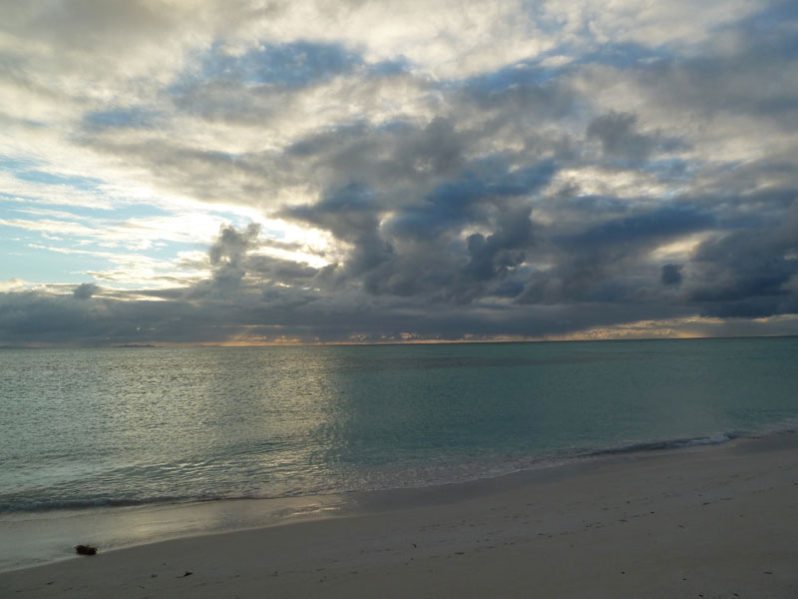
A new international study provides unprecedented calculations of the impact of aviation on the climate from 2000 to 2018 to produce the most comprehensive insight to date.
Sea level rise quickens as Greenland ice sheet sheds record amount
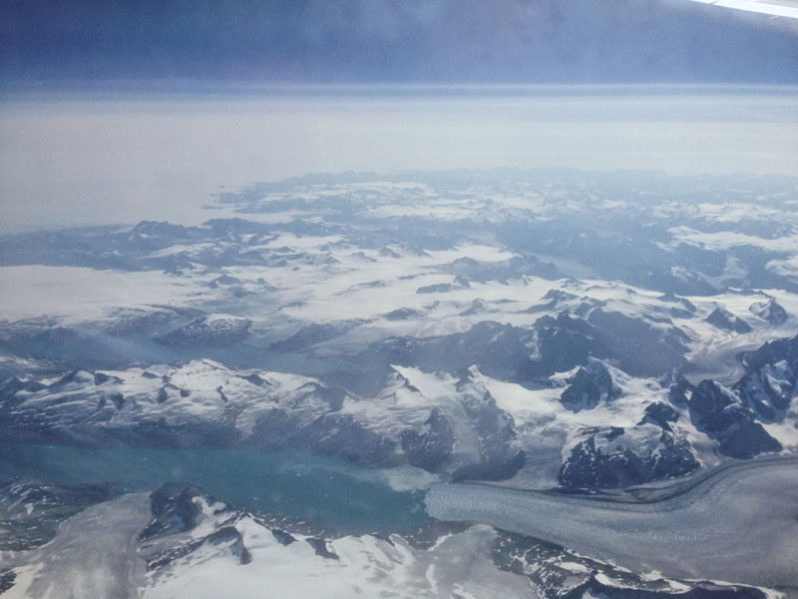
Greenland’s massive ice sheet saw a record net loss of 532 billion tonnes last year, raising red flags about accelerating sea level rise, according to new findings.
Humans overshoot 2020 planetary ‘budget’ on August 22: report
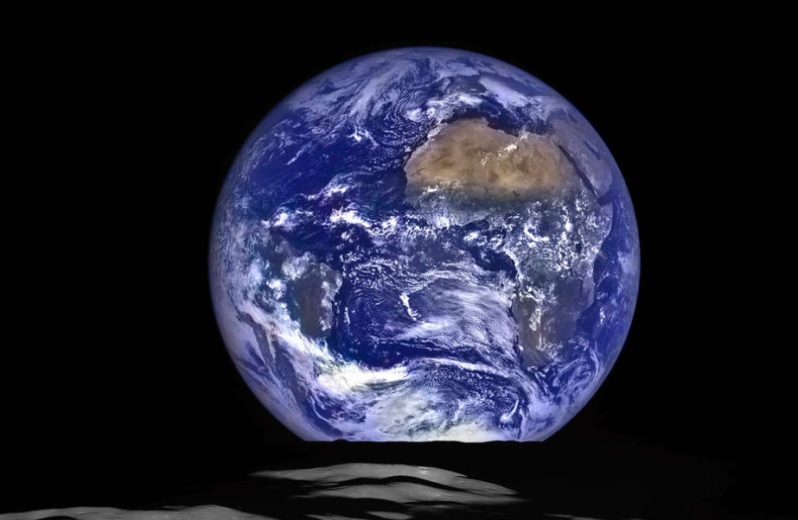
Humanity will have burned through all the natural resources that the planet can replenish for 2020 by Saturday, according to researchers who said the grim milestone is slightly later than last year after the pandemic slowed runaway overconsumption.
Trump Opens Arctic Refuge to Polluters
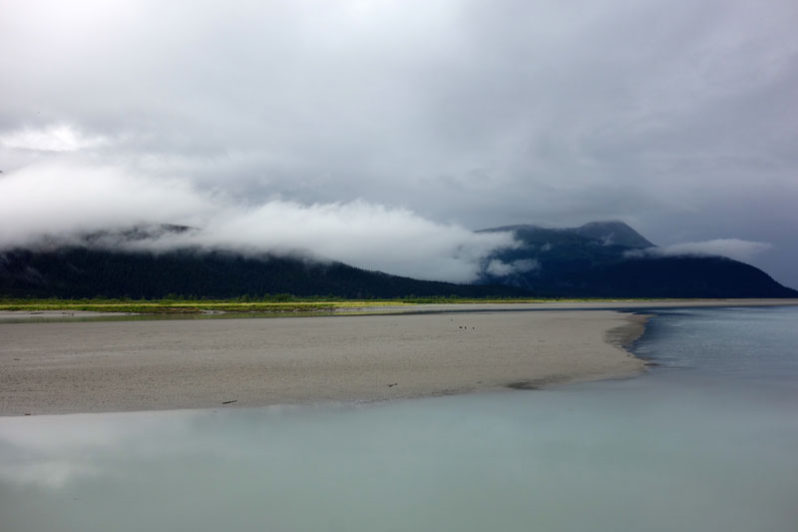
The Interior Department is opening up the entire Coastal Plain of the refuge to polluters—at the expense of Indigenous peoples’ traditional ways of life, numerous wildlife species, and the climate.
Researchers identify human influence as key agent of ocean warming patterns in the future

The oceans play an important role in regulating our climate and its change by absorbing heat and carbon.
